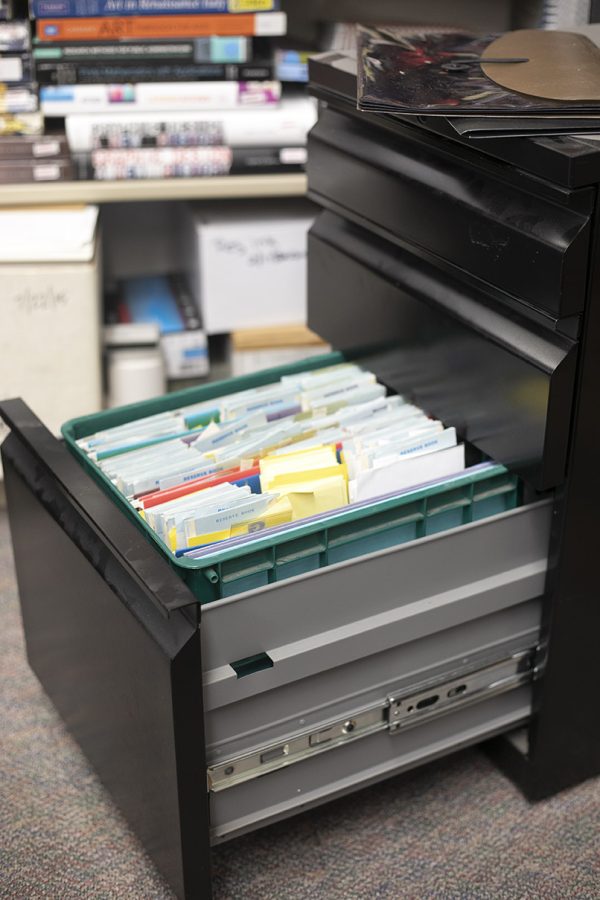Loyola program works to overturn wrongful convictions
Photo illustration
March 12, 2023
In a state that holds the highest global rate of incarceration, one Loyola-based program is working to address failures of justice in the Orleans Parish criminal system.
The case review project, created by the Jesuit Social Research Institute in cooperation with the Orleans Parish District Attorney’s Office’s civil right’s division, combines the efforts of students and professionals to review the sentences of people who have previously moved through the system.
Of the people who have moved through the sentencing review system in Orleans Parish, 226 people have been released from prison after having their cases reviewed. Of these 226 people, 125 were previously serving life sentences without the possibility of parole, according to Annie Phoenix, executive director of JSRI.
“The work has had a profound impact,” said Bidish Sarma, an assistant district attorney in Orleans Parish and a research fellow with JSRI.
Sarma said he has personally been able to involve both undergraduate and Loyola law students in the program through his position at the research institute. Involvement with the program provides students with hands-on opportunities to learn about historical and modern practices in criminal court.
Working alongside Loyola law students and other team members involved with the Civil Rights Division of the Orleans Parish DA’s office, Sarma analyzes previously resolved cases in order to determine wrongful conviction and unjust punishment.
Often, he said, these are cases from several decades ago in which defendants are still incarcerated.
Two million people are incarcerated in the United States as of 2022, according to the Prison Policy Initiative. Between 80,000 and 120,000 of these people were wrongfully convicted, according to the Georgia Innocence Project.
“Our divisions aims to confront past harm and injustice, and increase the transparency and accountability of criminal justice officials,” Sarma said.
The only downside to the program, Phoenix said, is it is not more widespread and accessible across the state and country, as not every district attorney is willing to participate in a program that may reveal previous injustice.
Currently, the program is only accessible to those who have been sentenced within the Orleans Parish criminal system. This is in part due to Orleans Parish having a progressive district attorney, Phoenix said. She further credited everyone who helped to elect the current Orleans Parish district attorney, Jason Williams, as partially responsible for the case review program’s success.
“JSRI is really proud of everything that the Civil Rights Division has been able to accomplish,” Phoenix said.










